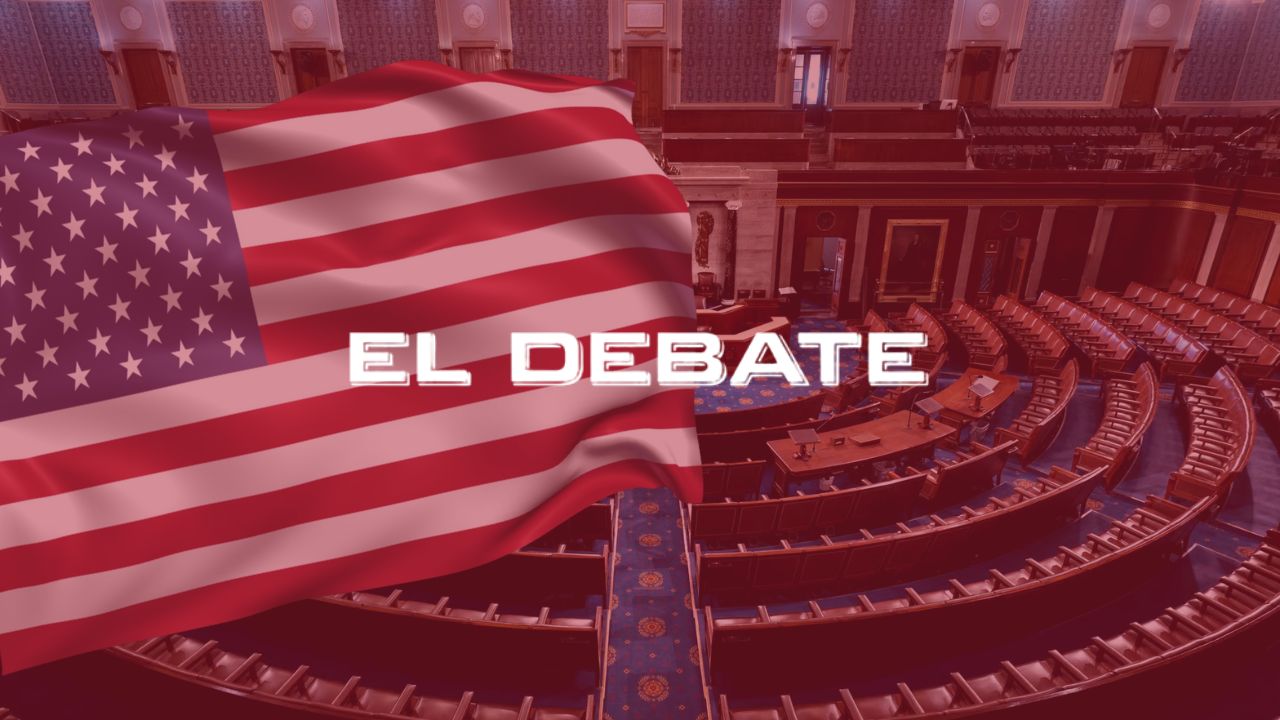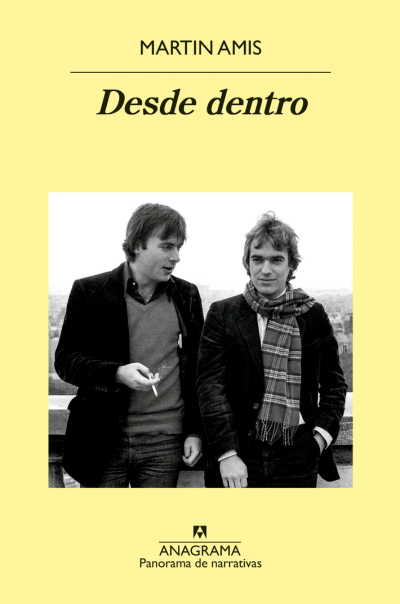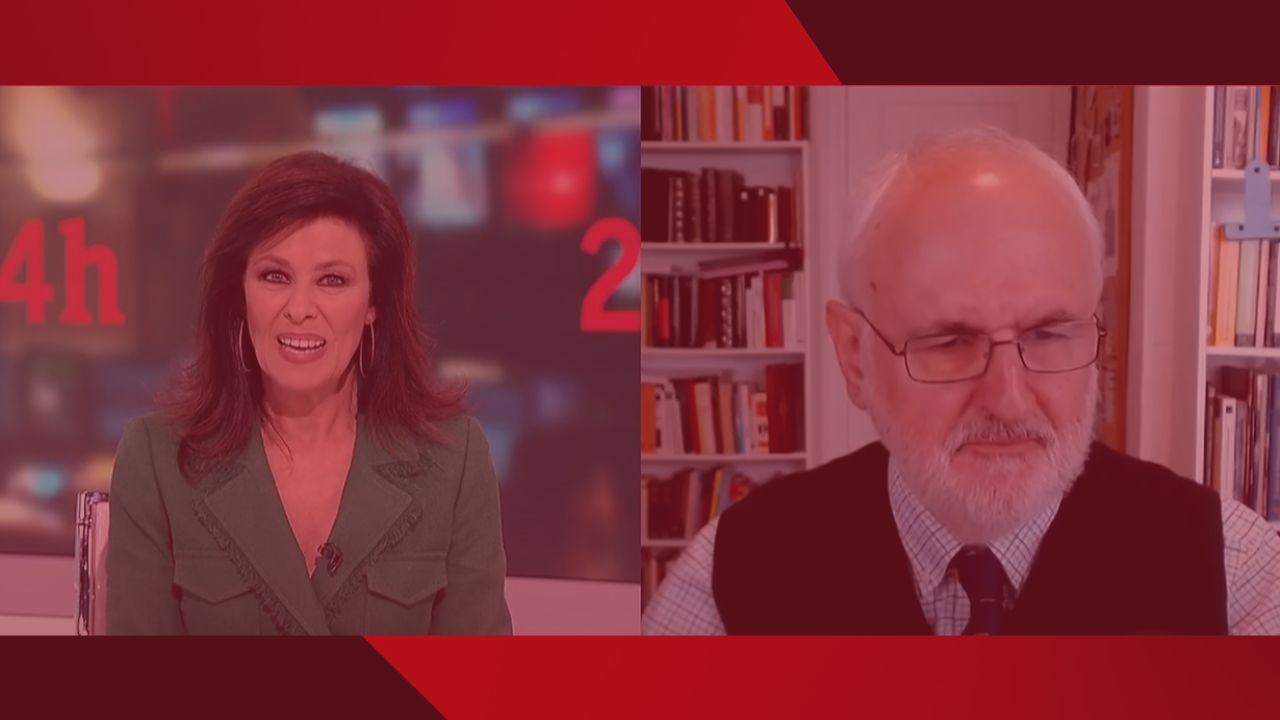The current international order, a post-war construct, is experiencing a number of major tensions —Brexit, the trade war between the United States and China, the Russian annexation of Crimea, new clashes between Washington D.C. and Tehran, fissures in the Atlantic Alliance, massive espionage between allied countries, the drone war, stalled and forgotten conflicts in Somalia, South Sudan, Libya, Central African Republic, Syria, the failed Sahel region, territorial claims and the frozen war in the Arctic, etc.— that have sparked a debate among experts about whether this scenario has come to an end, or whether these are simply regulatory alternatives within the current international order to accommodate it to the new and changing distribution of power in today’s world. Distribution due to the emergence of revisionist actors who push on that international table. The deficit of political leadership is one of the main factors that catalyse this uncertainty in the global order, due to its close relationship with the growth of geostrategic competition, the strength of nationalisms, and the attacks on liberal democracy perpetrated by ideological currents of marked extremist stands.
Before outlining the reason why the future of the international system is so uncertain, it is useful to take a brief look at its precedents. It was born with the Osnarbuck and Munster Treaties (1643-1648), which led to the famous Peace of Westphalia, whose fundamental principles are summarised in the non-interference stand in the internal affairs of other States and the sovereignty and sovereign equality of these. With this, foundations were laid that flourished with the First and Second World War, and that even continued after the Cold War. The side of the victors first, and that of the vanquished later, understood that the cessation of hostilities passed through the path of cooperation and, even more, that of integration. This conviction led to the signing and/or creation of treaties and international organisations such as the European Union itself, the Bretton Woods Agreement, the Charter of the United Nations, the Geneva Convention, the Treaty of Rome (which led to the founding of the European Union), the Uruguay Round (gave rise to the World Trade Organization), the Organization for African Unity, etc. Adherence to these agreements implied acceptance of the pacta sunt servanda clause —covenants must be met— in relations between states. Another characteristic note of many of them was the virtus, not so much the necessitas. In other words, the primacy of the ethical over the merely legal was well received in the post-war scenario, in which peace was almost imperatively sought, and this led to betting on truth, justice, solidarity and freedom in international relations, an approach embodied centuries ago in the ius-naturalistic scholastic thinking of the communis opinio, according to which, the radical openness of man to the truth allows an authentic transformation and sets the successive guidelines of achievement , such as those that have led to the different post-war international order shaping treaties.
Political leadership crisis
The first factor causing uncertainty in international relations, frequently mentioned in the media, is the deficit or crisis of leadership in the global political sphere. Leading a country goes far beyond mere management. A managing politician easily forgets the value of the citizen as such, and considers it to rather be a consumer, customer and/or user. Therefore, before being a manager, a president must be a public servant capable of standing up to listen to people’s demands, ce que veut le peuple. Because, in the end, the performance of management is not so much interested, but rather the citizen’s perception of the leader. Therefore, the social response to politicians in other countries depends to a great extent on the impression one has of them.
However, the leadership crisis precedes that of the leaders. Not only there is a shortage of these in the international order, but also —as a causal link— in the national or domestic sphere. There is a deficit of referents worthy of admiration for their own and strangers. As an example, the height of the last three British Prime Ministers —David Cameron, Theresa May and Boris Johnson— is light years away from Churchill’s elegance; Donald Trump is far from the much applauded Ronald Reagan; Angela Merkel lacks the pulse of Margaret Thatcher; Pedro Sánchez arrived at La Moncloa with a black mark in his resumé for failing to do justice to certain declarations referring to the pacts with political parties of deep communist and pro-independence roots; and the yellow vests are showing that Emmanuel Macron has failed to connect with “ce que veut le peuple français” (what the French people want). It is not that current politicians exercise the same leadership as their predecessors —because the political-social circumstances are not the same either— but that they simply become leaders in light of the historical moment in which they have to govern, with the necessary twigs to guarantee stability and respect for the international order of our time. Achieving stability in international relations becomes an arduous task if, as we are confirming, the political elites of many countries are built thanks to the support of social networks, making exaggerated use of demagoguery, and adopting markedly populist political positions.
This false leader profile is not to be trusted by those called to become his partners and who do not agree with populism. This causes clashes, bloc policies between countries, and makes it difficult for them to enter into large agreements and/or treaties on the international agenda.
Geostrategic competition
The deficit of international political leadership is also related to the current increase in geostrategic competition, the cause of the stagnation of conflicts such as those in Syria, Libya, Iraq, etc. In the absence of coordinated actions and clear lines, there are many times collisions between the foreign actors involved, fundamentally linked to the five members of the United Nations Security Council – USA, Russia, China, Great Britain and France. In this bloc, the geopolitical claims of two (Russia and China) frequently compromise the interests of the remaining three. To these is added another group of countries with regional hegemonic ambition —Iran, Turkey, Saudi Arabia, North Korea, Israel— which are allying themselves indiscriminately with the China-Russia or the US-European Union bloc. However, these alliances are increasingly unpredictable, as certain governments, see Donald Trump’s, question some base agreements that have facilitated relations between countries and the stability of regions such as the Middle East. This is reflected, for example, in the displacement of the American embassy from Tel Aviv to Jerusalem, the sacred capital of the Abrahamic religions (Christianity, Judaism and Islam), disputed and claimed for several centuries. Also in the so-called Agreement of the century, a failed peace plan for the Israel-Palestine conflict (although the latter was not in the presentation) and with a clear electoral claim in favour of its manager, Trump, and Netanyahu (when it was devised, the first fought against impeachment, the second is accused of corruption, and both have to go to their respective presidential elections to renew their terms, so the staging of such an agreement was necessary and favorable); or in the assassination in Iraq at the hands of General Qasem Soleimani, responsible for the international operations of the Iranian Quds Force, which brought the Middle East to the brink of an escalation of destabilization, and which violated one of the principles of international order, to namely, the sovereignty and sovereign equality of States. On the other hand, in the Middle East, the classic competition continues between the Arab-Sunni bloc, led by Saudi Arabia, and the Persian-Shiite, led by Iran. This Riyadh-Tehran rivalry, together with the differences between the five members of the United Nations Security Council, is one of the great obstacles to reaching diplomatic agreements in the region.
The false leader profile generates mistrust and provokes bloc policies between countries, without being able to enter into large agreements
This geostrategic competition reaches Africa, specifically the sub-Saharan zone, through the fight to control its abundant natural resources and its increasingly growing market. Traditional allies (Europe and the USA) are being relegated by the emerging ones, mainly China, but also Russia, in matters of security and defence. China is gaining ground for its policy of non-interference in the internal affairs of the countries, with which it does not inconvenience the dictatorial regimes of the continent, something that traditional partners like the European Union do. Africa is, for China, the perfect region for exporting what they call the Chinese model of political and economic development. On the other hand, China needs Africa for the United Nations to vote in favour of sovereignty over Taiwan. The calculation of interests in the area makes very difficult to create a coordinated response to the great development challenges facing sub-Saharan Africa.
Similarly, in Latin America there is no diplomatic agreement to address the escalation of internal tensions that various countries (Bolivia, Chile, Venezuela, etc.) have been experiencing in recent years. The case of Venezuela deserves special mention, since several revisionist states (Iran, Turkey, Russia, China) have positioned themselves against the Washington-Brussels bloc, which asks to recognise Juan Guaidó as legitimate president.
Curiously, Europe has not been able to avoid becoming the scene of the technological cold war between Washington and Beijing. Chinese 5G technology led by the Huawei company has surprised the US. to such an extent that President Trump is pressing, without much success, his European allies to veto their entrance to the old continent. France, the United Kingdom and Germany do not defend this manoeuvre, which has led Washington to start a tariff war, especially against China, but also against some European countries, including Spain.
This geostrategic competition shakes the institutional platform created to safeguard the post-war international order, largely because confidence in partners and allies is lost, and pessimism is extended as to whether others will comply with what has been agreed and established. in international treaties. No one wants to see their area of influence eroded. In this sense, the deficit of political leadership at the international level produces a great dent in that institutional plane and largely explains the current geostrategic competition.
Emergence of nationalisms and attacks on liberal democracy
The crisis of international political leadership is also explained by the new nationalisms that are emerging in various countries. They are described as new because, for example, in the case of Europe, there have always been such movements. Thus, as much as it may sometimes seem that this phenomenon only occurs in Spain, in Belgium, France, Italy, the United Kingdom, Denmark or Finland they have existed for several decades. However, these movements often take advantage of the political situation of instability —politicians with a shrunken leadership— to redouble the pressures and make themselves heard.
However, there are not only internal nationalisms, but there is also the generalisation of populisms, which, today, are closely related to modern nationalism. Both of them generate convulsions in Europe, and other non-related nations —such as China and/or Russia— take advantage of these fissures to infiltrate and indirectly violate the principle of non-interference in the internal affairs of other States, thereby compromising their security and stability. Russian meddling in the last US presidential election —to which a populist candidate like Trump was concurring— obey the dynamics that has just been pointed out. In the Catalan conflict, it is very striking that the company T-Systems, with a 31 percent share ownership of Germany, secretly collaborated in the design of the Government’s plans, given that Germany is an ally of Spain.
Given this deficit of political leadership, some heads of government try to claim it for themselves, the saviours proclaim themselves, and portray a profile of strong leader. These populist politicians also have in common the aspiration to make their countries great again, with the promise of reforming everything. But, as Shakespeare warned, «the vague claim to reform everything is, in reality, a call for total destruction.» Trump seems to have it pretty clear: the US has been mutilated and was on crutches in his commercial relations with China, in NATO, in the Nuclear Pact with Iran, etc., and now he plays, speaking to Shakespeare, “to recover the glorious arrogance and shake the whole world before its power ”, through more and more economic sanctions. Along the same lines are Salvini, Johnson, Erdoğan, or the Sánchez-Iglesias duo, all of them with deep populist roots and in the antipodes of the founding fathers of the European Union (Adenauer, Monnet, De Gasperi, Schuman, Churchill…).
In international relations, nationalism is not the best option if one wants to reach agreements and build trust between States, due to the unpredictability that it entails. Furthermore, the nationalism of one country generates a nationalist response in others, and even internally. In short, nationalism generates nationalism. And in a globalised world like ours, a similar position is unsustainable, because the future of countries is increasingly outward rather than inwards.
It is no longer novel to note that new nationalists frequently attack democracy through continued interference in the legislature. Shakespeare was right, again, noting that the dictator will call their lordships and cry: «My mouth will be the Parliament of England.» In fact, Spanish political news reflects this reality perfectly.
Without political leadership, it is likely that nationalist and/or populist movements will continue to spread, as there will be no true and enthusiastic counterarguments that can stop them.
In short, the present international order is going through a complicated situation, in which the institutional structure and the treaties established to preserve the post-war world are constantly discussed. Leadership in international relations today is developing, almost exclusively, in the field of finance, where the need prevails. However, the authentic political leadership is a humanistic one, based on virtue: on radical openness to truth, good, justice, and solidarity. That is the way forward.






